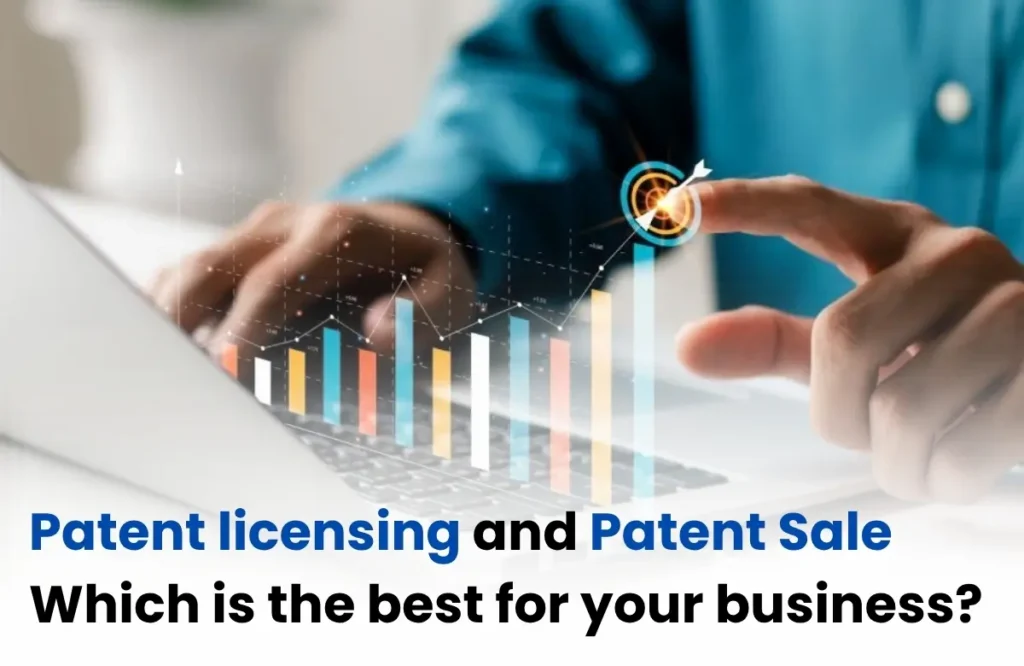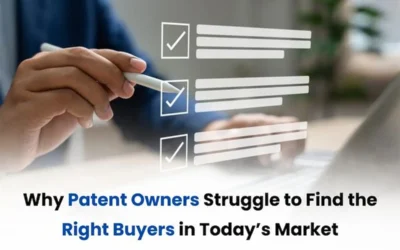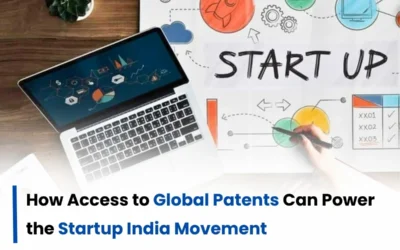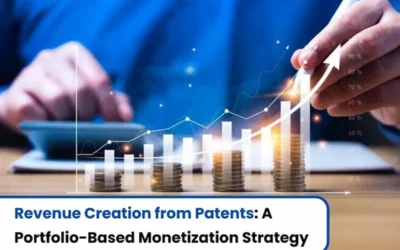
For most investors and innovators, the ultimate goal behind holding a patent is simple: to make money. There is one more concept in this, which is Patent Licensing vs Patent Selling. Patents not only protect inventions but also open the door to various monetization opportunities that can turn innovation into income. This process, known as patent monetization in India, involves several strategies, but two of the most significant and widely used are patent selling and patent licensing. Both methods offer unique advantages and challenges, yet they often cause confusion among inventors and business owners. So, if you’re wondering which approach, selling or licensing, is best for your business, keep reading to explore how each one works and which might be the right fit for you.
What Are Patent Monetization Strategies and Patent Licensing vs Patent Selling? Which One Should You Choose?
Patent monetization is the process of turning your patent rights into financial returns. Instead of just holding an invention on paper, it allows the patent holder to generate income from their intellectual property. There are different ways to monetize a patent, such as:
- licensing,
- selling,
- partnerships, or
- enforcement and others
But the two most common are patent licensing vs patent selling. In simple terms, patent licensing means you let others use your invention in exchange for royalties or fees, while patent selling means you transfer full ownership of the patent to another party for a one-time lump-sum payment. Both methods can be profitable, depending on your business goals and long-term plans.
Read Also: The Complete Guide to Patent Acquisition Process in India 2025
What Is Patent Selling and How Can It Benefit Your Business?
Patent selling is one of the most direct and effective ways to generate income from intellectual property. In this process, a business or inventor sells full ownership of a patent to another company, investor, or organization in exchange for a lump-sum payment. This means the buyer gains all rights to use, produce, and commercialize the invention, while the seller receives immediate financial returns without dealing with manufacturing, marketing, or licensing management.
- Many startups and research companies use patent sales as a way to raise capital for new projects or recover R&D costs.
- Large corporations often buy patents to strengthen their technology portfolios, block competitors, or expand into new markets — creating a strong demand for innovative IP.
- For small businesses, selling a patent can bring quick revenue, reduce legal or maintenance expenses, and free up resources to focus on the next innovation.
What Is Patent Licensing and How Can It Help You Earn from Your Invention?
Patent licensing is one of the most strategic and flexible ways to earn income from intellectual property rights (IPR). In this process, a business or inventor grants another company or individual the right to use their patented invention in exchange for royalties or licensing fees, while still retaining ownership of the patent.
- Many inventors and startups use patent licensing as a way to monetize their innovations while minimizing risk and upfront investment. It enables them to partner with larger companies that already have the resources, manufacturing capacity, and market reach to bring the invention to life.
- For established corporations, licensing offers a chance to expand product lines or enter new markets without heavy R&D costs.
- For small businesses, it provides a steady stream of passive income and the opportunity to grow brand recognition while keeping creative control over their invention.
Conclusion
Both Patent Licensing vs Patent Selling offer powerful ways to turn innovation into profit — the choice depends on your goals. If you want immediate returns and a clean exit, selling your patent may be best. But if you prefer long-term income and control, licensing is the smarter path. Ultimately, understanding your invention’s value and aligning your strategy with your business objectives will help you make the most out of your intellectual property.
Read Also: What Are Utility Models and How to Monetize Them Effectively









